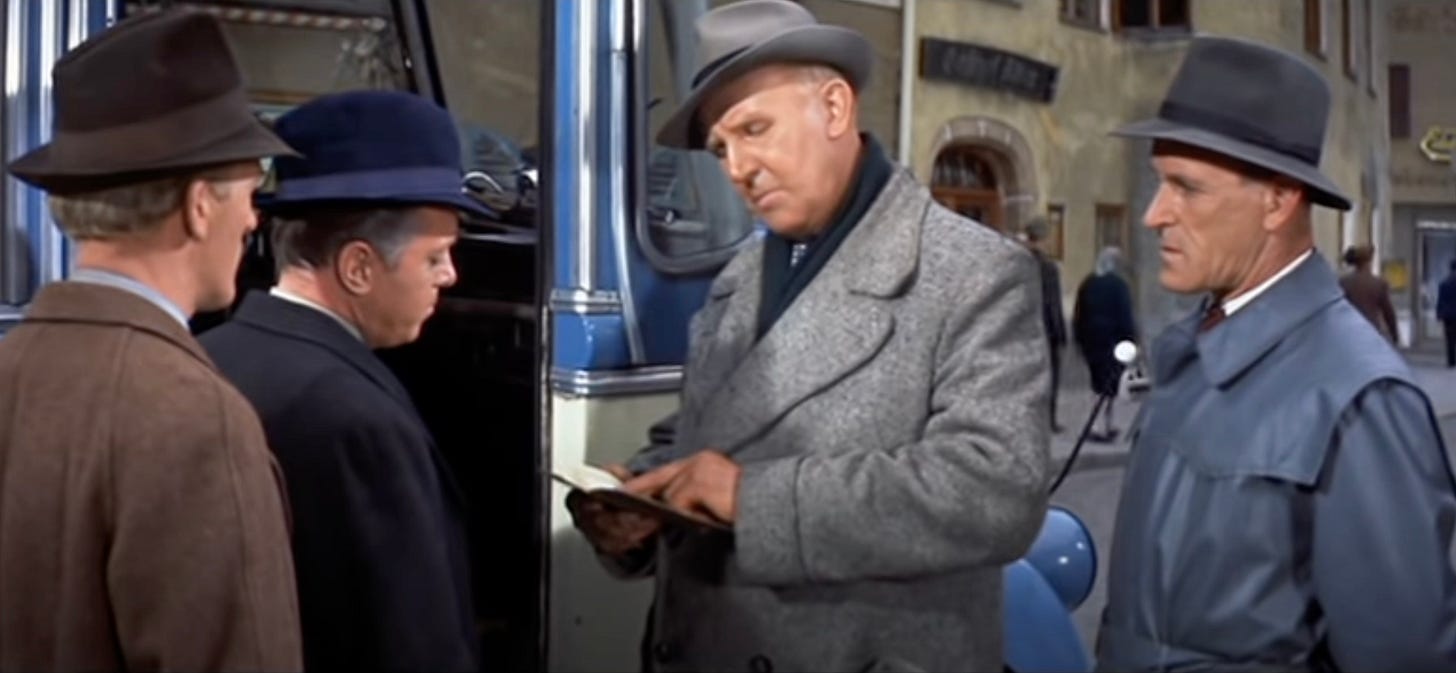I admit it. I've been sucked into the bottomless rabbit hole that is YouTube shorts and Facebook reels. I watch one, it runs a minute or less, I say "OK, one more," and next thing I know, an hour and a half has elapsed.
The algorithms offer me quite the variety. Since I do this liberty thing, I get reels of what's best dubbed ‘liberties performance art,’ where people put themselves in places where an over-eager cop might get fussy, but which do not break any laws. They then record their interactions with whatever cops come along, and the ones where cops either overreach or don't know the law get uploaded to the usual places.
While I'm not fond of the smug that some of these YouTubers give off, or of wasting cops' time, I'm not fond of bad or overbearing cops either. Experiences like that of Georgia resident David Smiley tell the tale:
Smiley was "loitering" one night (he and his father were cleaning some exterior light fixtures, and informed the officers they had been contracted to do so), about a year ago, when two cops approached him. They asked for identification, which he refused to provide, and then arrested and briefly jailed him. A police supervisor took a look at the incident report and concluded they had no probable cause to detain him. Now he's suing, and the taxpayers of Glynn County are going to have to pay for their police officers'... let's call it zeal.
While about half the states have "stop and identify" laws, those laws require a reasonable suspicion of unlawful behavior. The Supreme Court has ruled that it's permissible to require people identify themselve in those circumstances. But, if such reasonable suspicion does not exist, one cannot be compelled to provide ID.
One of the most quoted moments from the endlessly quotable movie The Hunt For Red October was the aspirational conversation between Captain Ramius and Captain Borodin.
Borodin: I will live in Montana. And I will marry a round American woman and raise rabbits, and she will cook them for me. And I will have a pickup truck... maybe even a "recreational vehicle." And drive from state to state. Do they let you do that?
Ramius: I suppose.
Borodin: No papers?
Ramius: No papers, state to state.
Borodin: Well then, in winter I will live in... Arizona. Actually, I think I will need two wives.
Ramius: Oh, at least.
Defecting from the Soviet Union, where such freedom of movement didn't exist, gave Borodin a hope for a better future.
Likewise, in the as-quotable movie The Great Escape, a huge part of the endeavor was the forging of "papers" that would allow the prisoners to move about Germany after they got out of the prison camp.
America, like other countries, and excluding the disaster at the southern border (and elsewhere), requires "papers" to enter the country, but once you're in, you have the right to move about freely and without interference as long as you don't trespass on others' property. This freedom inconveniences the enforcers of the law and keepers of the peace, but is absolutely essential if our society is to remain faithful to liberty.
The right to move about is fundamental to the fabric of our nation. It appeared explicitly in the Articles of Confederation (Article IV) that preceded the Constitution, and the Constitution, via Amendments V and XIV, protect that right.
Unfortunately, technology, which often serves to keep our liberties ahead of the government's disdain for them, is working against us in this matter. While America is not yet the surveillance state that the UK has become, the rapacity for revenue that has peppered our intersections with red light and speed cameras, license plate readers and video everything is catching us up. Now, with Artificial Intelligence getting into everything, those cameras are getting "smarter" and more intrusive.
Give this a watch.
Government has long leveraged private-sector data gatherers to garner information that might otherwise be prohibited by the Fourth Amendment, and while the Flock Safety cameras mentioned in the video are currently not being used for facial recognition, let's not kid ourselves about that. It won't end there. Already, tech can identify people by their gait, their heartbeats, and trace biological deposits such as sweat and skin cells. Other forms are in development as well, including an alternate form of gait recognition based on how your smartphone moves as you walk.
There is no putting this genie back in the bottle, which is why it's vital that we stand in opposition to government's efforts to push the boundaries of what the Constitution allows. Every little bit of resistance helps, and reminds our public servants that they need to obey the law just as much as they expect us to. So, if you're approached by an over-nosy cop who tries to pull a "papers, please" bit on you without justification, remember... and remind him or her... of your rights.





Did you ever see the creepy series on CBS “person of interest”. Not too far from reality, scary as hell!
At risk of backlash here, I used to go down the YouTube, Facebook Reels rabbit holes, but TikTok mesmerizes me now. I bought a small remote device for TikTok/Facebook/YouTube videos and scroll through TikTok into the wee hours of the morning. I hope they address the security issues soon. I slightly comfort myself that I hold no useful information for China in my head or life.🤷♀️ On another personal note Peter, I frequently discuss your columns with Warren (he thinks of you as the heavy metal guy). He joined Facebook about a month ago and I try to engage him in it. He spends a lot of time in his own mind/world. He asked me if he could Facebook friend you this morning. I told him I would mention it to you.